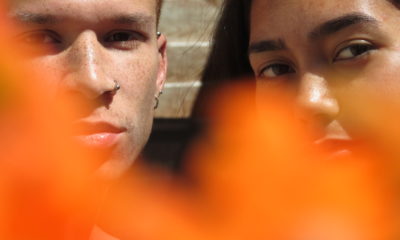Shrove Tuesday: an enquiry
It’s the undisputed greatest holiday in the British calendar, but where does this annual day of joy originate?
Pancake Day, or Shrove Tuesday, is the most wonderful time of the year. We all love frying up a pan full of indeterminate, opaque fluid until it solidifies. Half the fun is then drenching the resultant substance in lemon juice and sugar before eagerly tucking in. But the history behind this storied day is a little less widely known, and just as fascinating as the pancakes are appetising.
A thousand years ago, English monk Aelfric of Eynsham published his Ecclesiastical Institutes. A guide to how to properly observer Lent. It set out the tradition of fasting from Ash Wednesday into the Easter season. This is the origin of our pancake-centric antics today. The foods that people were discouraged from eating (such as butter and eggs) had to be used up prior to Lent, and are key ingredients in pancake formulation.
The day of Shrove Tuesday itself became formalised in the 16th Century. Following the Reformation, Christian churches began to look more kindly upon feasting before the solemnity and austerity of Lent.
The day is celebrated in a variety of ways by a wide array of cultures. In the US, the holiday is known as Mardi Gras (or Fat Tuesday) and is famously commemorated with a large parade through the streets of New Orleans, Louisiana. Brazil’s world-famous Carnival is also associated with the day of pancakes.
Listen to our live radio show February 12, 2018 for an easy pancake recipe that can be replicated at home. Just try not to flip your pancakes too high.









